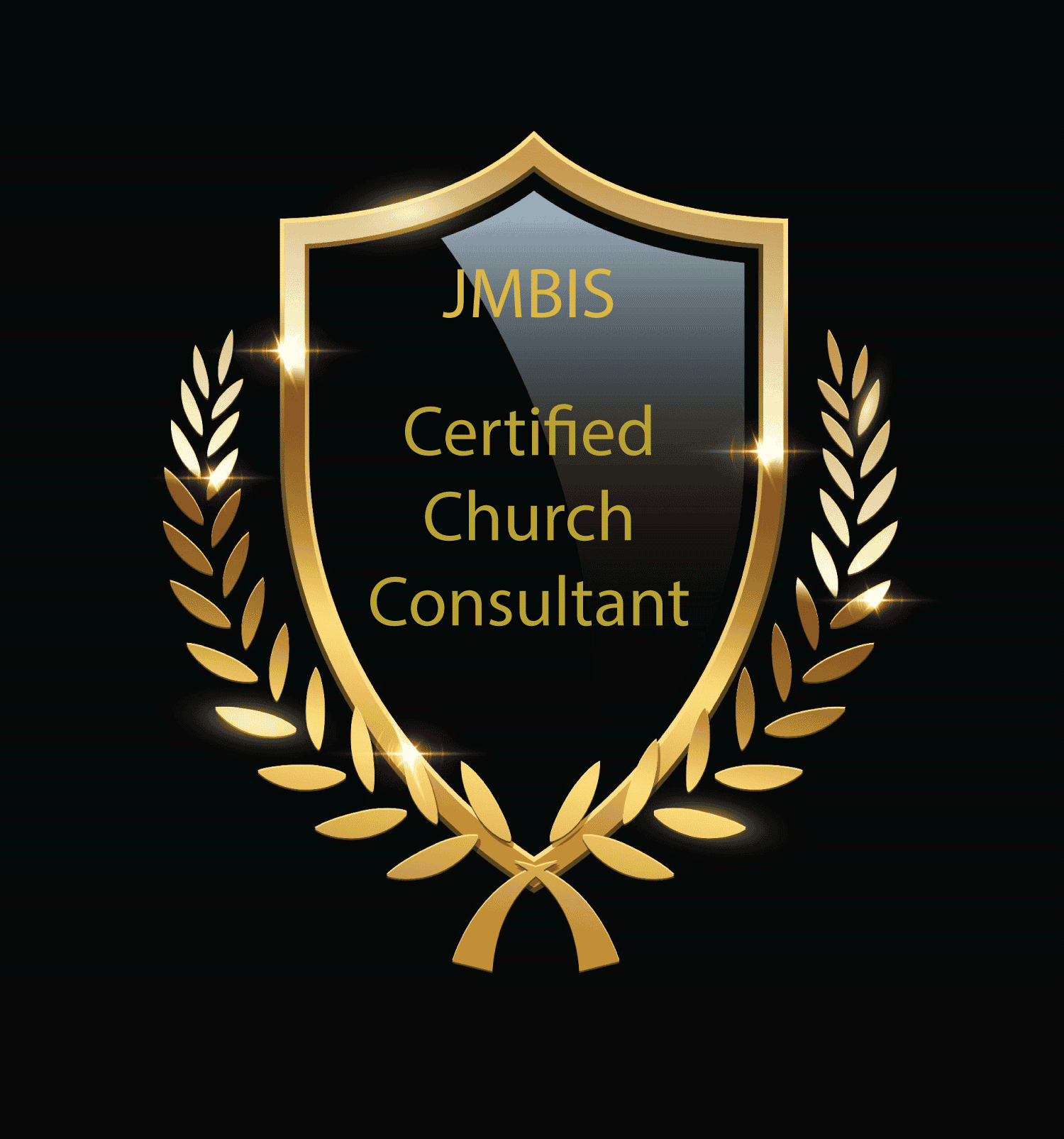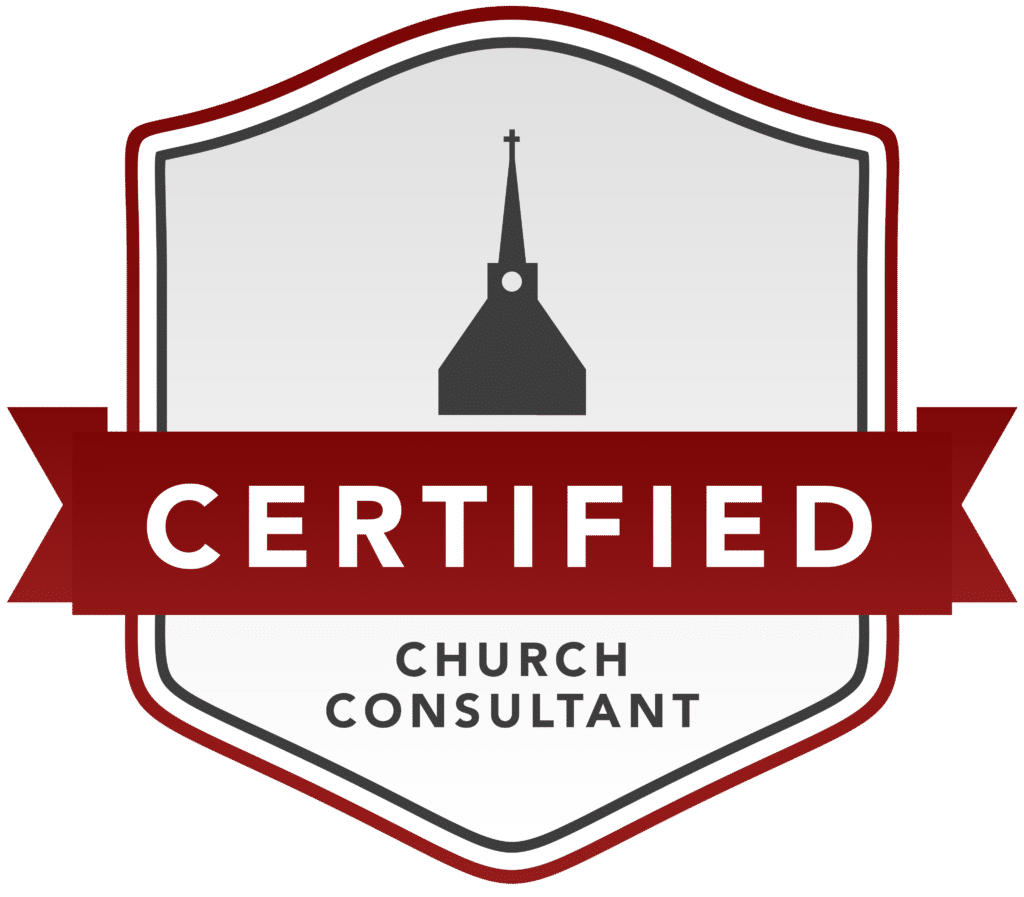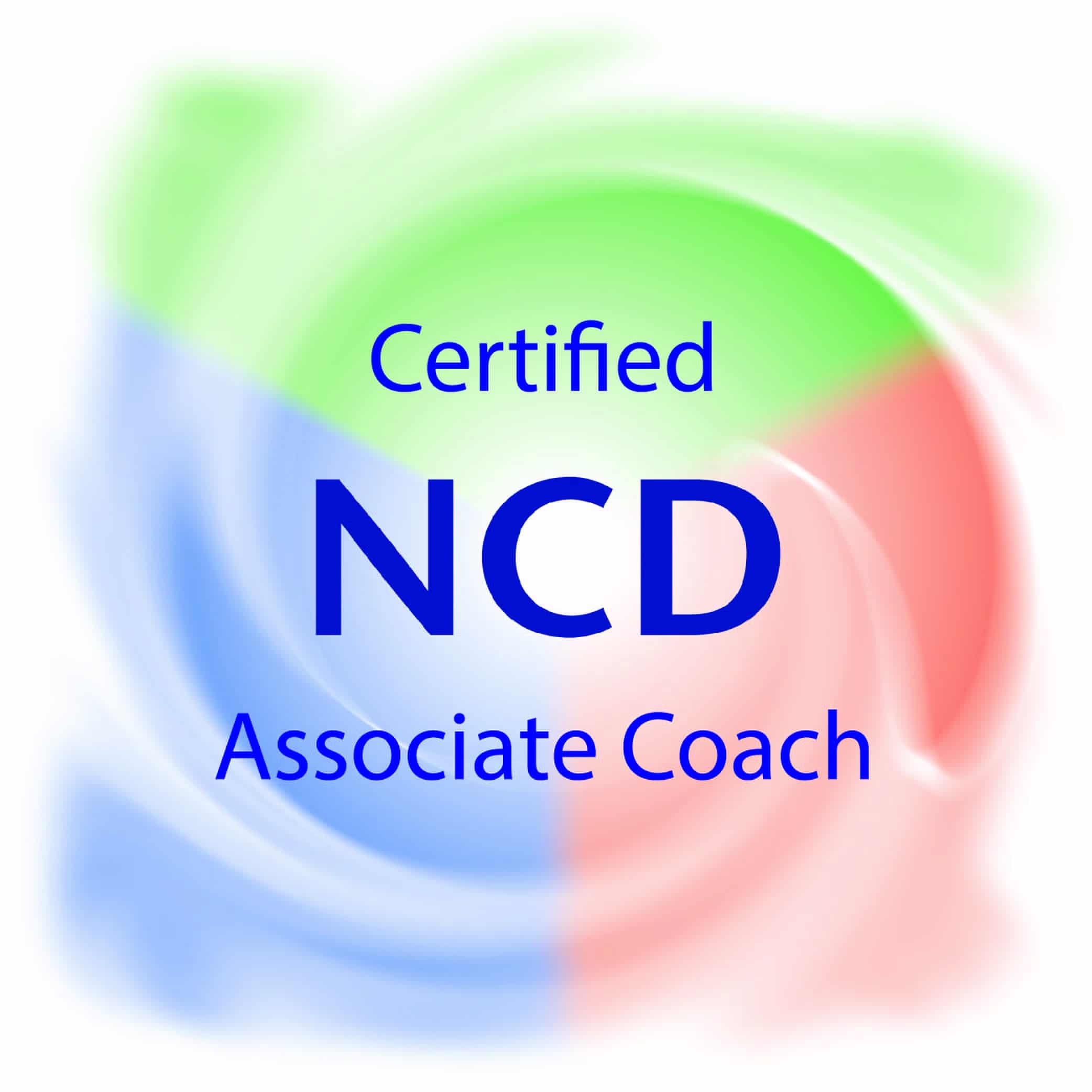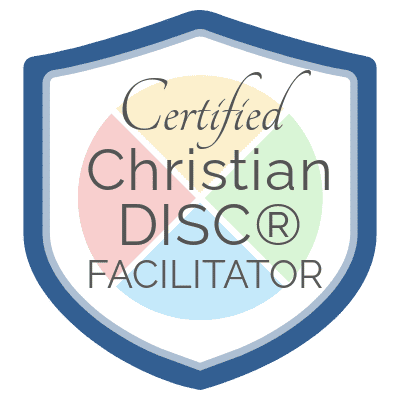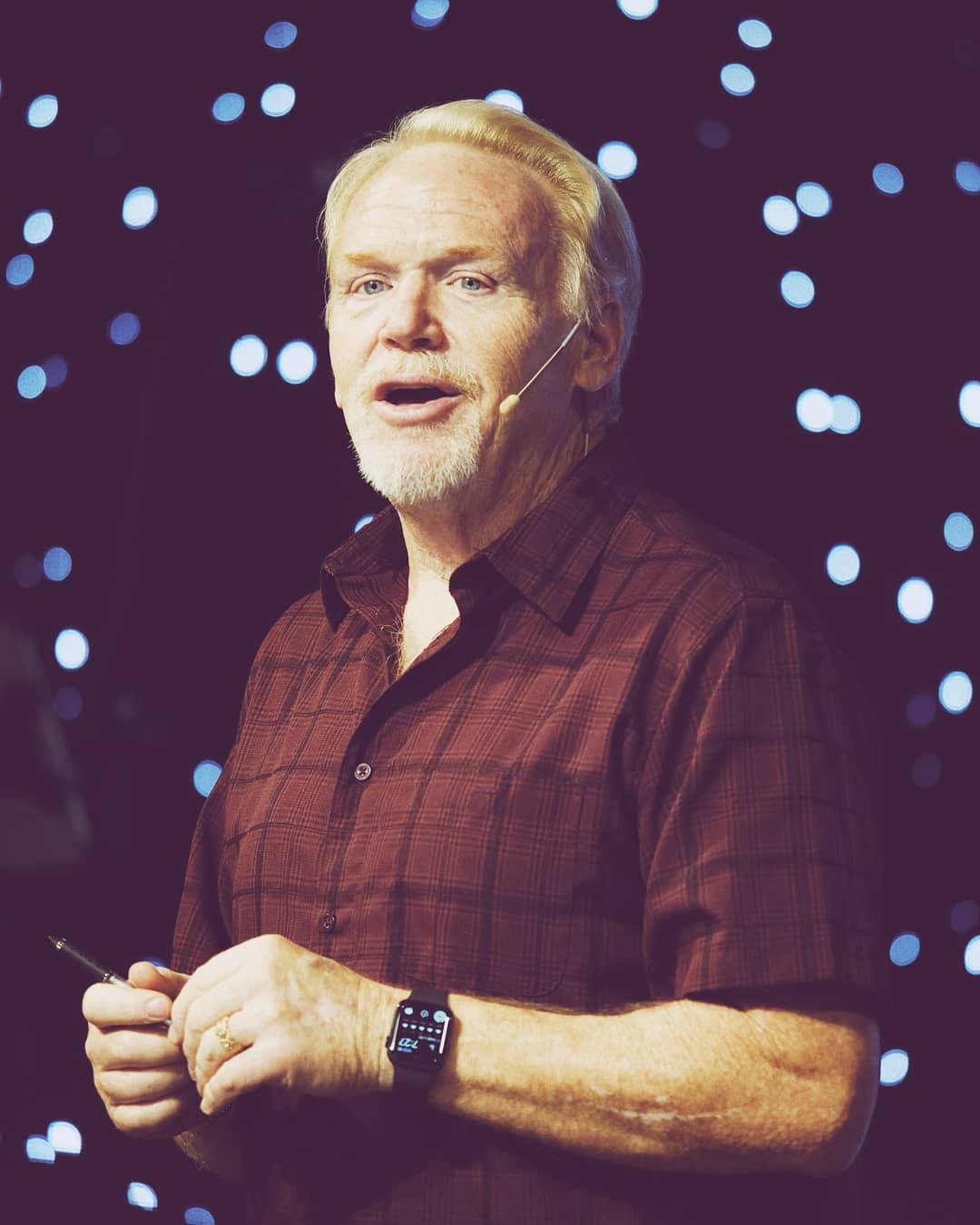I’m Steve Lawes
Certified Church Consultant
Free Assessment
Not sure if a church consultant is really needed at your church? Use our FREE Church Assessment Tool to find out.
Certified Church Consultant
Schedule your FREE, no obligation, thirty (30) minute Zoom initial consultation.
Church in Decline? Plateaud?
Helping Churches Thrive
Utilizing a process we call “Virtual Church Consulting” we work with you through a series of steps to help pinpoint problems and offer solutions. This all online church consulting method is effective and affordable.
Internet Impact (Learn about your digital footprint)
Community Statistics (Learn about your community)
Church Health Survey (Learn about your church)
Effective Outreach Ideas (Learn how to reach your community)
Internet Impact
Your website is the “digital foyer” for the church. It is the first impression for almost everyone that visits your church.
Community Statistics
Demographic information is helpful in getting an overview of what is happening in your community.
Church Health Survey
A church health survey/assessment is a helpful tool that will give you information on the overall health of your church.
Effective Outreach Ideas
An outreach strategy is a specific set of tactics intended to ultimately attract new people to your church.
Church Consulting & Coaching
We offer a wide range of Church Consulting and Ministry Coaching Services. Our desire is to help pastors and churches thrive so that they are able to fulfill the calling that God has on them for their community.
Church Marketing
Think of church marketing as a tool to help people who are in need of what your church offers to be able to connect with you. We are not trying to sell something people don’t need. We are trying to connect them with the One who changes everything. Click on this link to read more about developing a Church Marketing Strategy.
Church Revitalization
Church Revitalization is the process of leading a dying or declining church back to a healthy place so that it can continue to carry out the calling and purpose that God has for it. Steve Lawes is certified in Church Revitalization with Church Answers.
Ministry and Pastoral Coaching
We offer a wide variety of Coaching Services for pastors and churches. For more information go to Church Encourager.
Disciplship Training
Partnering with the Jesus Moment Bible Institute and Seminary we are able to offer a wide variety of Discipleship Training opportunites for pastors and churches.
Meet Steve Lawes
Steve Lawes is a Certified Church Consultant. He has been the lead Pastor of Keys Vineyard Church in Big Pine Key since 1992. He has a Bachelors Degree in Bible and Theology from Berean University and Masters and PhD Degrees from Atlantic Coast Theological Seminary. He lead the Cuba Missions Team for Vineyard Missions from 1995-2005 and traveled to Cuba more than twenty times helping to plant churches and build up local leaders. He served as the South Florida Area Leader for the Association of Vineyard Churches for ten years. He also founded the Jesus Moment Bible Institute and Seminary in 2014 which has a student enrollment of over 1800. He has written three devotional books, Daily Psalt Intake, Daily Sage Intake and Daily Strength Training which are now out of print but are currently available as free e-books.
Free Ebook - Nine Point Church Consulting Strategy
Recent Posts from Church Consultant

What is Church Revitalization?
Church revitalization is a term that is often used in church consultant discussions. Circles. Church revitalization is a critical and transformative process to renew and rejuvenate a church that has experienced a decline in attendance, engagement, or spiritual vitality. This process is not merely about increasing numbers; it’s about reinvigorating the church’s mission, vision, and impact within its community. The journey of revitalization involves several key steps and requires commitment, patience, and, often, a willingness to embrace change.
Understanding the Need for Revitalization
The first step in church revitalization is recognizing the need for it. Signs that a church may require revitalization include declining membership, decreased participation in church activities, an aging congregation without sufficient youth engagement, financial struggles, or a general sense of apathy and lack of enthusiasm. Acknowledging these issues is crucial for a church to begin the revitalization process.
Assessing the Current Situation
A thorough assessment of the church’s current state is essential. This involves evaluating various aspects such as demographic shifts in the congregation and community, the church’s financial health, the effectiveness of existing programs, and the condition of the church infrastructure. During this phase, honest and open conversations with church members and leaders are vital to understanding their perspectives and concerns.
Developing a Vision for the Future
Revitalization requires a clear and compelling vision for the church’s future. This vision should reflect the church’s spiritual mission and address the needs and opportunities within the community it serves. The vision should inspire and motivate the congregation, fostering a sense of shared purpose and direction.
Strategic Planning and Implementation
Once the vision is established, strategic planning is necessary to turn it into reality. This may involve redefining church goals, introducing new ministries or programs, restructuring leadership, engaging in community outreach, and improving worship experiences. Setting realistic goals and creating a detailed action plan with specific steps and timelines is essential.
Fostering Leadership and Lay Involvement
Revitalization is a collective effort and requires the involvement and commitment of both church leadership and lay members. Developing robust and visionary leadership is crucial, as is encouraging active participation from the congregation. Empowering members to take on meaningful roles and responsibilities can foster a sense of ownership and commitment to the church’s revitalization.
Building Community Connections
A revitalized church often seeks to strengthen its connection with the community. This can involve community service projects, partnerships with local organizations, or events that welcome and engage non-members. By serving and interacting with the community, a church can demonstrate its relevance and commitment to its mission.
Embracing Change and Adaptability
Revitalization often means embracing change, which can be challenging for some members. Open communication, patience, and sensitivity are essential as the church navigates these changes. Being adaptable and open to feedback throughout the process is crucial for the long-term success of revitalization efforts.
Evaluating Progress and Adjusting as Needed
Finally, regular evaluation of the revitalization process is essential to assess its effectiveness and make necessary adjustments. Celebrating successes, no matter how small, can boost morale and encourage continued efforts.
Church revitalization is a comprehensive process that breathes new life into a church. It involves understanding the need for change, assessing the current situation, developing a future vision, strategic planning, fostering leadership and lay involvement, building community connections, embracing change, and continually evaluating progress. With commitment and dedication, revitalization can lead to a renewed and vibrant church that effectively serves its congregation and community.
Steve Lawes is a Church Consultant and also provides coaching for pastors, churches, ministries and church planters.

Church Marketing – Pros and Cons
Church marketing, a concept that may seem unconventional to some, involves using marketing tools and strategies to promote a church’s presence, message, and activities. While church marketing can effectively expand a church’s reach and impact, it also raises specific concerns and challenges. At Church Consultant, we encourage examining the pros and cons of church marketing so that religious communities can navigate this approach effectively.
Pros of Church Marketing
Increased Visibility and Reach: In an age where digital media dominates, church marketing can significantly improve a church’s visibility. By leveraging social media, websites, and other digital platforms, churches can reach a broader audience, including younger generations and those who might not be reached through traditional methods.
Effective Communication of Services and Events: Marketing allows churches to effectively communicate their services, events, and programs to their congregation and the wider community. This improved communication can lead to increased attendance and participation in church activities.
Community Engagement and Outreach: Well-executed marketing strategies can help churches engage more deeply with their local communities. This engagement can take many forms, from community service projects to special events, fostering a stronger bond between the church and its surrounding community.
Resource Optimization: Marketing can help churches make better use of their resources. By understanding their audience and tailoring their messages accordingly, churches can allocate their resources more effectively, ensuring that they reach and resonate with their intended audience.
Cons of Church Marketing
Commercialization Concerns: One primary concern about church marketing is the risk of commercializing the church. Some fear marketing may shift the focus from spiritual growth and community service to numbers and growth metrics, potentially undermining the church’s core mission.
Potential for Misaligned Messaging: There is a risk that marketing efforts might not always align with the church’s values or message. The pursuit of catchy, attention-grabbing content can sometimes lead to diluting or misrepresenting the church’s core beliefs and teachings.
Resource Allocation: Effective marketing requires significant time, money, and skills. For many churches, especially smaller congregations, this can considerably strain their resources.
Risk of Exclusion: Marketing strategies often target specific demographics, which can unintentionally lead to the exclusion of others. Certain groups may feel alienated or overlooked if they don’t see themselves represented in the church’s marketing materials.
Church marketing presents both opportunities and challenges. On the one hand, it offers increased visibility, effective communication, community engagement, and optimized resource use. On the other hand, it can raise issues around commercialization, message alignment, resource allocation, and potential exclusion. Churches considering marketing strategies should weigh these pros and cons carefully, ensuring that their marketing efforts align with their core values and mission while effectively reaching and serving their community.
Steve Lawes is a Church Consultant and also provides coaching for pastors, churches, ministries and church planters.

Kingdom Rebellion Part 8
We’re continuing our “Kingdom Rebellion” series. This week, we will conclude the series by looking at the events surrounding the “Tower of Babel” and also taking a quick look at covenants as we prepare for the next series, “Kingdom Covenant.”
Genesis 11:1-4 (NIV)
1 Now the whole world had one language and a common speech. 2 As men moved eastward, they found a plain in Shinar and settled there. 3 They said to each other, “Come, let’s make bricks and bake them thoroughly.” They used brick instead of stone, and tar for mortar. 4 Then they said, “Come, let us build ourselves a city, with a tower that reaches to the heavens, so that we may make a name for ourselves and not be scattered over the face of the whole earth.”
The people were pretty excited about their brick technology. Let us make a name for ourselves and build a tower with its tops in the heavens. This is a fascinating turn on the cosmic rebellion we saw in Genesis 6 when the sons of God invade the earthly realm and produce the Nephilim with beautiful human women. This time, the sons of Adam are invading the heavens.
Genesis 11:5-9 (NIV)
5 But the LORD came down to see the city and the tower that the men were building. 6 The LORD said, “If as one people speaking the same language they have begun to do this, then nothing they plan to do will be impossible for them. 7 Come, let us go down and confuse their language so they will not understand each other.” 8 So the LORD scattered them from there over all the earth, and they stopped building the city. 9 That is why it was called Babel–because there the LORD confused the language of the whole world. From there the LORD scattered them over the face of the whole earth.
Something fascinating is happening, and we will dig deeper into it at Keys Vineyard Church this weekend. We will also be taking a quick look at covenants.
A covenant represents a bond between two entities that commit to each other through binding promises and collaborative efforts toward a shared objective. It is often marked by vows, symbols, and rituals. Unlike contracts, covenants are based on a personal and relational foundation.
Noahic Covenant: Genesis 9:12-17
God forms an unconditional bond with Noah and all living beings, vowing not to flood the earth again despite human corruption. Instead, God commits to preserving the world as part of his broader plan to save humanity and creation, as foretold in Genesis 3:15. This plan includes human participation in populating and stewarding the earth, with the rainbow serving as a lasting symbol of this promise.
Abrahamic Covenant: Genesis 12:1-3
God established a covenant with Abraham, promising him numerous descendants, land in Canaan, and that through his lineage, all nations on earth will be blessed.
Mosaic Covenant: Exodus 31:12-18
Following the Exodus at Mount Sinai, God reiterates the promises made to Abraham. In acting on behalf of Israel, Moses engages with God to understand the covenant, which includes making Israel a kingdom of priests and a holy nation to disseminate God’s glory globally. Adherence to God’s laws promises blessings, while disobedience brings curses, with observance of the Sabbath as a critical aspect of their dedication to Yahweh.
Davidic Covenant: 2 Samuel 7
Entering Canaan leads the people to demand a king, straying from their covenantal path. After Saul’s failure, God chooses David and promises that his lineage will produce a kingdom that will last forever, symbolizing hope for a future where God’s presence is fully amongst his people.
New Covenant: Jeremiah 31:31-34, Matthew 26:26-29
Israel’s failure to adhere to God’s commands leads to exile, but the prophets foretell a new covenant. This covenant promises the fulfillment of God’s promises, a redefined relationship with his people, forgiveness of sins, and the rise of a faithful king from David’s line to repair the breaches of the past.
This narrative of covenants showcases a divine strategy, from preserving the world through Noah, initiating redemption with Abraham, forming a nation through Moses, and promising a lasting kingdom through David to the ultimate fulfillment in Jesus. Each covenant is a step towards the more apparent revelation of God’s salvation plan, culminating in Jesus as the key to redemption.
Steve Lawes is a Church Consultant and also provides coaching for pastors, churches, ministries and church planters.
Testimonials
“Steve and his team at Keys Vineyard Church have built a church that has done an inspiring job reaching their community. Steve is a treasure trove of experience and has continued to prioritize learning and growth throughout his more than 30 years of ministry in a way few pastors have. You’ll get a lot out of connecting with him!”
“I watched first hand as Steve experienced the devastation of hurricane Irma in his town of Big Pine Key, Florida. The town was destroyed, the church building rendered unusable and the staff impacted personally. I watched a leader rise to the need of his community and minister in a situation that not very many could. He has a powerful voice of experience and wisdom earned the hard way.”
“Steve Lawes is a valuable coach/ mentor. I’ve watched Steve over the last thirty years build a substantial outward focused church with disciples who do what Jesus did. He has inspired leaders of churches with simple/tested ideas to develop leaders and grow churches.
“
“Steve Lawes is an outstanding coach. He is authentic, creative, and personable. He has more cutting edge ideas than any pastor I know in regard to evangelism and meeting the needs of people in his community.”
Interested in Becoming a Church Consultant?
We are pleased to be partnering with the Jesus Moment Bible Institute and Seminary to be able to offer Free Church Consulting Certification. Check out the free church consulting courses by clicking the link below. Even if you are not looking to become a certified church consultant, the free church consultant training will be beneficial for your personal ministry.
One of the greatest questions Jesus asked was “Do You Want to Get Well?”
I t would seem that the answer was obvious. But getting well for the man who had been not well for a very long time meant that he would have to do something different. It is not easy to change, but it always starts with a first step.
Take that first step now by sceduling your no obligation, free thirty (30) minute Zoom meeting with us today. You have nothing to lose and it may be your first step to a new and healthy way of doing and being the church.

